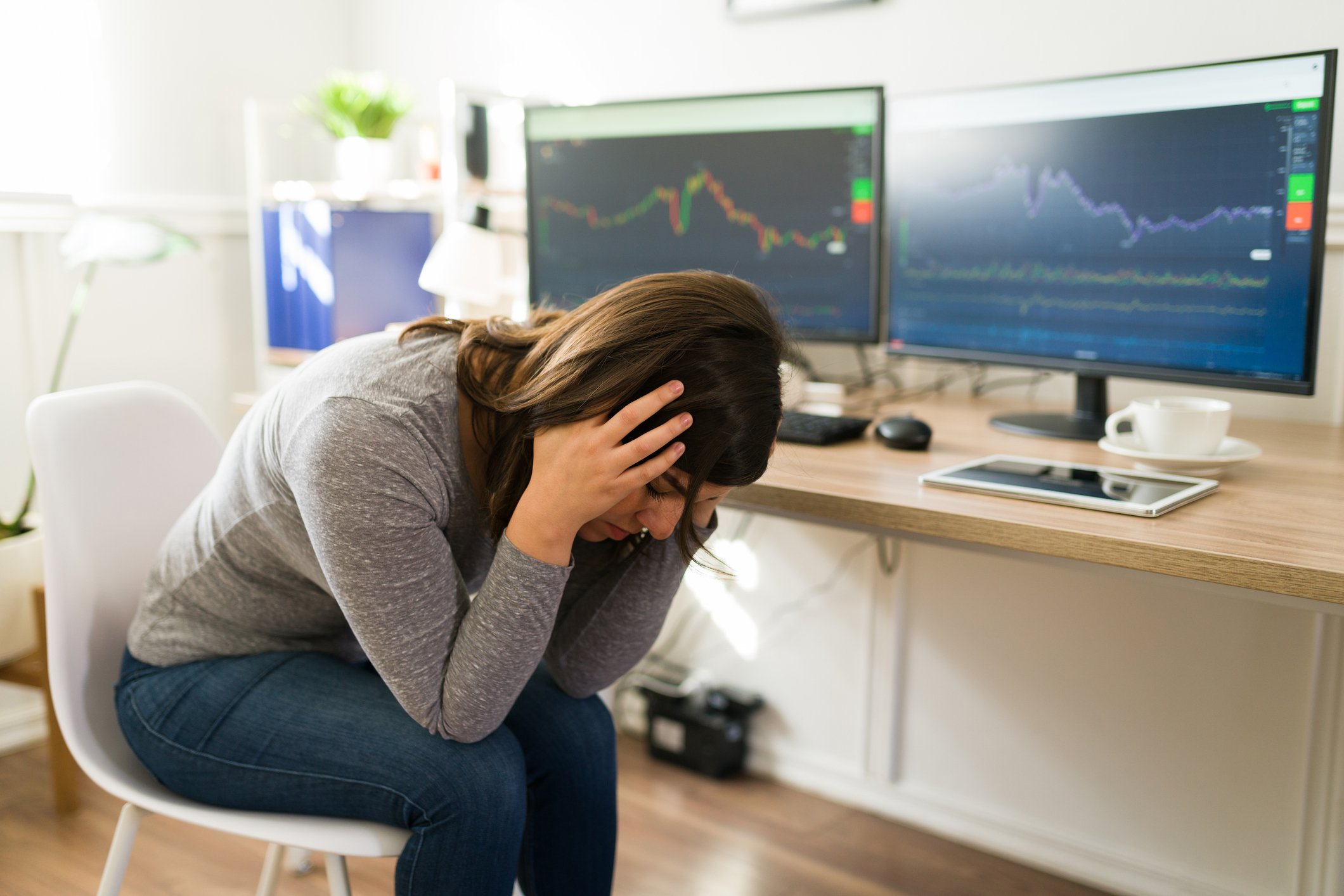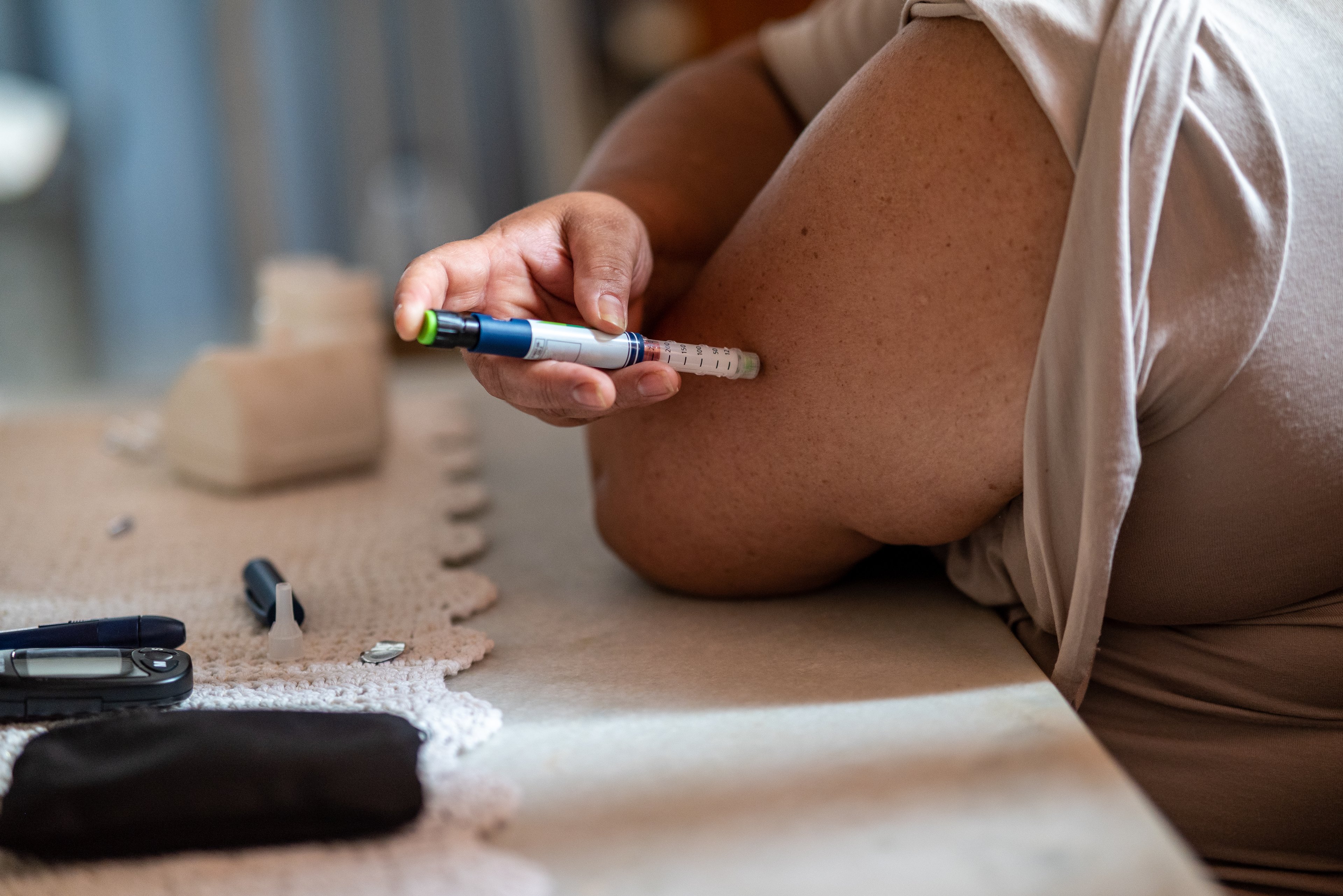If your portfolio took a tumble in October, you're not alone. The S&P 500 (SPY 0.23%) lost nearly 10% of its value at one point, and losses were much worse for growth investors, particularly in biotech. As frightening as declines like this can be, corrections are pretty common. How common? Since 2010, the S&P 500 has lost more than 9% seven times.
In this clip from Industry Focus: Healthcare, host Shannon Jones is joined by Motley Fool contributor Todd Campbell to provide perspective on market corrections.
A full transcript follows the video.
This video was recorded on Oct. 31, 2018.
Shannon Jones: Todd, I think in this day and time, we really do need fun, because when it comes to scary, nothing is scarier than the markets right now, especially over the month of October, the spookiest month of the year. I actually read one headline this morning, among many that were, of course, fear-mongering. It basically said the S&P 500 is set to finish October with its worst month since the 2008-2009 financial crisis, and it's not alone. Many of the other major indices are also down, too. Todd, the uncertainty and fear in the markets right now is certainly reaching new heights. Should we all be afraid?
Todd Campbell: All that howling we heard last month wasn't werewolves, was it? It was people checking their account balance, groaning in agony, watching what was happening. I think it's very important during these scary times -- to get real for a second. I'll even take off my wig, [laughs] so people can really see I'm getting serious. Corrections like this are pretty common. Yardeni, which is a research firm that's been around since I've been in the business, since the late 90s at least -- they keep track of this stuff. There's been seven drops of 9% or more just since 2010. We got down, about 9.4% on the month at one point. These are not that uncommon. There's been 11 drops of greater than 5% or more since 2010. And yet, as scary as those were, because you had individual stocks -- especially if you're a growth investor -- get walloped a heck of a lot more than that. You had names like bluebird bio that fell 28% in the month. You had the IBB, the biotech ETF that I like to follow, that was down 15%.
So, yeah, these are painful in the moment, but recognize that despite all of these that we've had in the past, just since 2010, the market has recovered and gone on to make new highs. The wrong choice -- or the scariest choice -- the one that would leave you groaning much longer into the future, would be to react to those moments and sell, and not to have been able to participate when those stocks rallied back. Shannon, I guarantee, if you sell during those moments, you are not going to time the bottom perfectly. You are not going to get back in and ride that higher.
Jones: Todd, to your point, where we are at in this particular market cycle, it's nothing new. More importantly, there's not any one thing really driving this slowdown across the stock market. You've got U.S.-China trade war concerns. We're in a rising rate environment. Particularly in China, you've got heavy selling for a lot of Chinese stocks as their economy continues to slow down. And then, of course, as everyone knows, we are approaching election season. There's a lot of political rhetoric going around right now, especially as it relates to drug pricing, too. So, you're seeing that play out across the sector.
To your point, and going back to what you said, the key is not to be afraid, not to sell your stocks. If anything, consider this an opportunity to really double down on some of those really impressive stocks that have good management are continuing to drive both top and bottom line growth, and figuring out how you can buy a lot of these stocks at a discount.
Campbell: I agree with that. I've been watching the markets very closely through the internet boom and bust and through the great recession and through where we are today. That kind of long-haul strategy is what can allow you to sleep at night. I'm sure we'll talk later on down the show, not every stock deserves to be held forever in a portfolio, but the market certainly has proven time and time again that if you're willing to ride it out for a decade or more, the odds tilt significantly in your favor for turning a profit. I've seen statistics that say in any rolling 20-year period, you've never lost money. So, I think you have to have that long, calm view. Spend less time listening to the talking heads on TV who are shouting and pressing buttons and making all sorts of crazy noises. Other than, obviously, on Halloween. We're allowed to do that, right?
Jones: [laughs] No names shall be given there, Todd.






